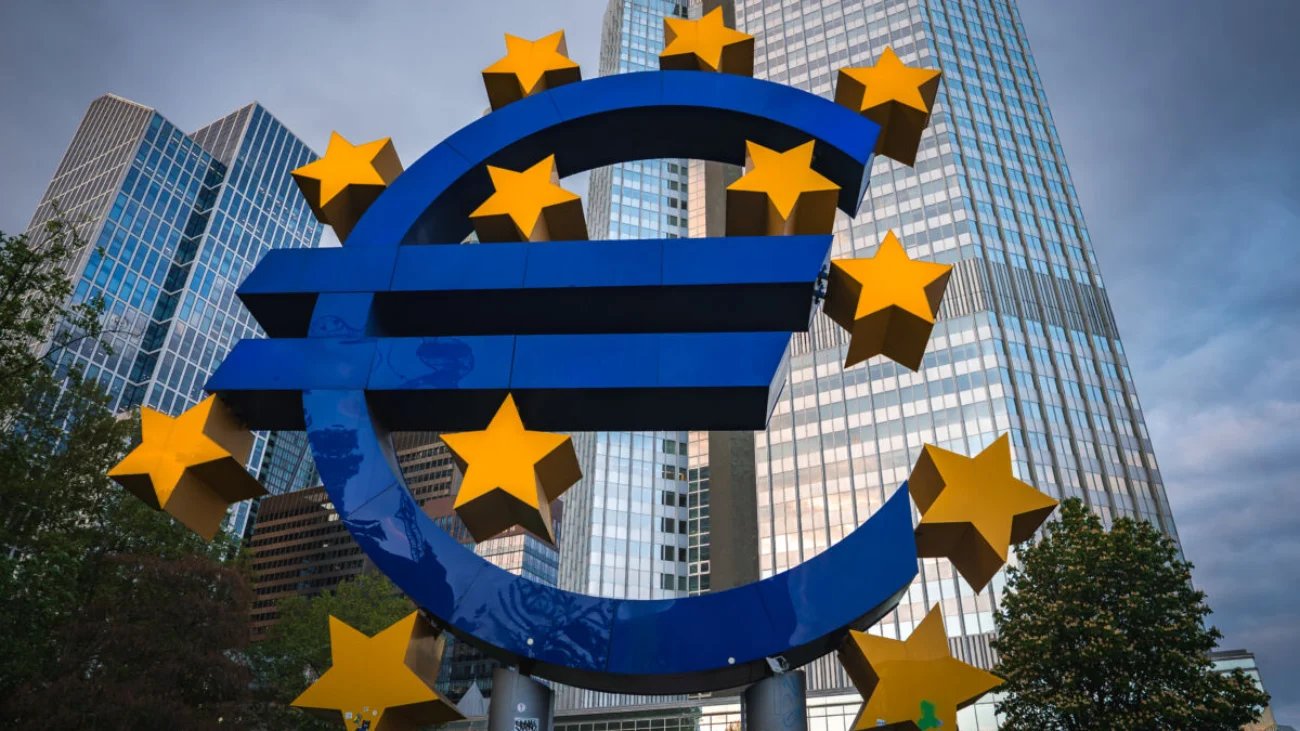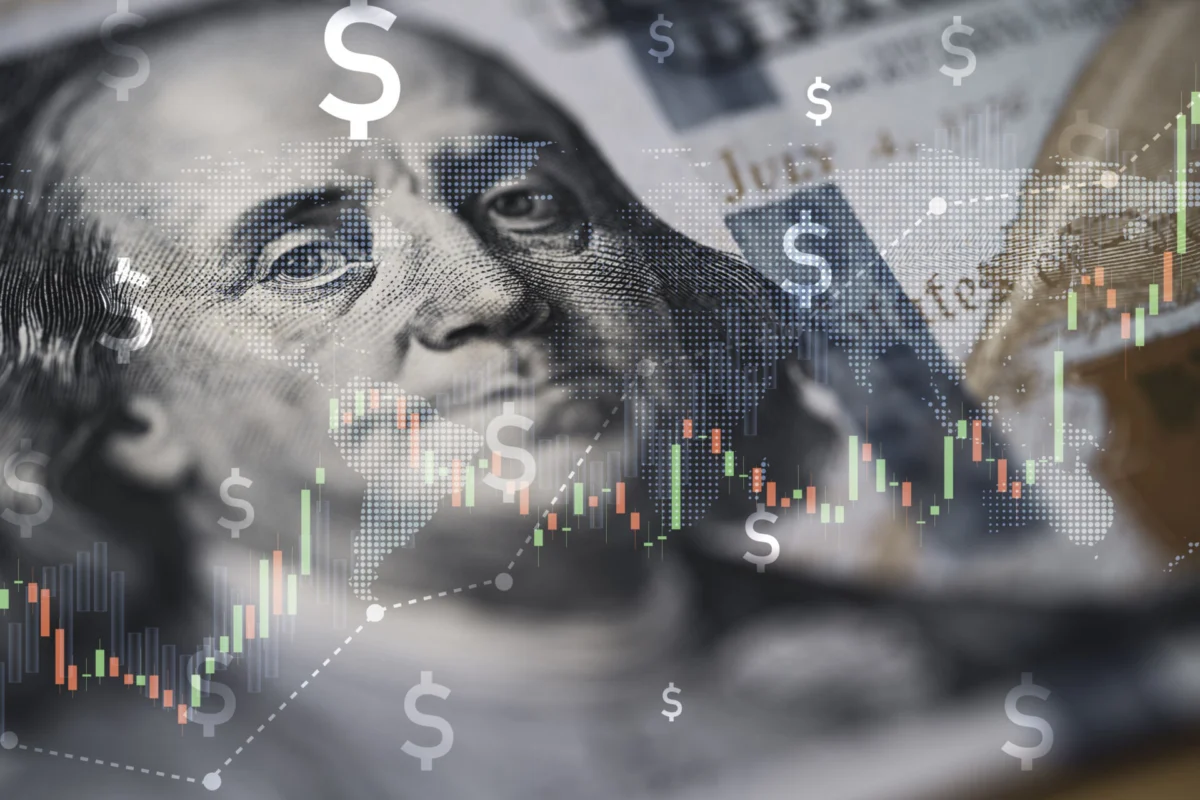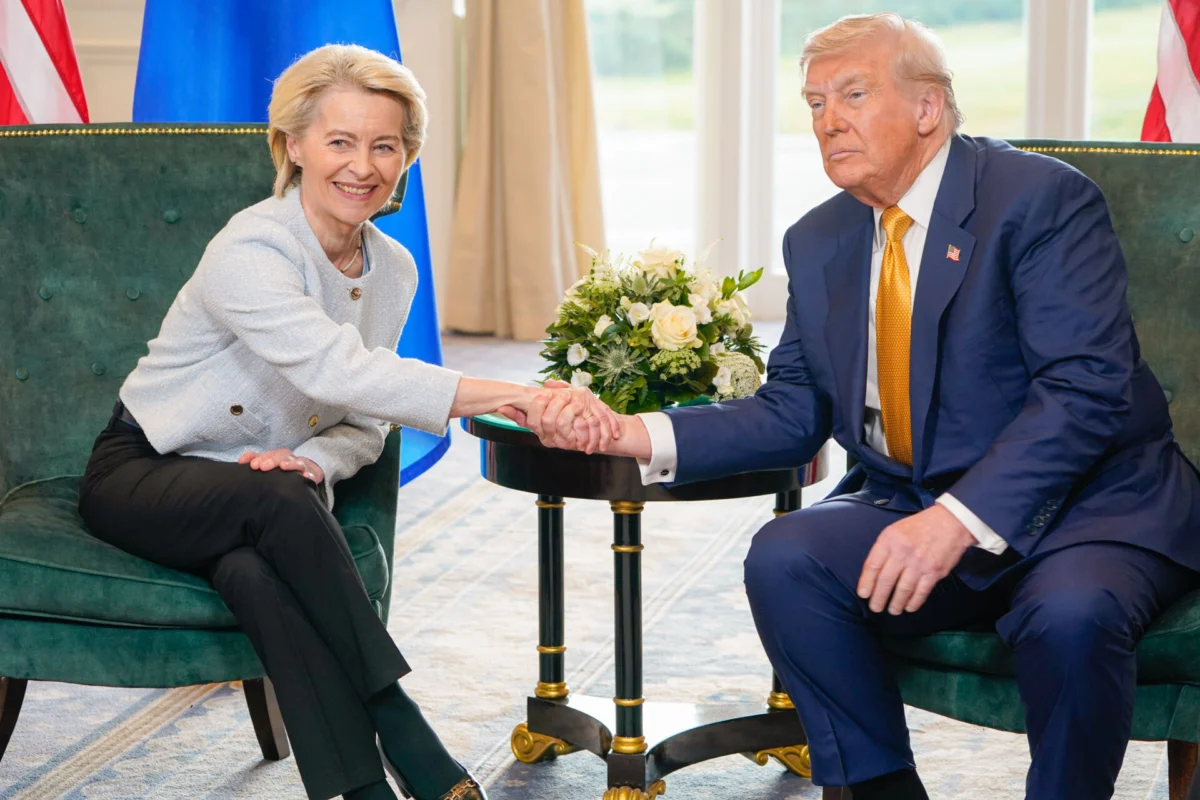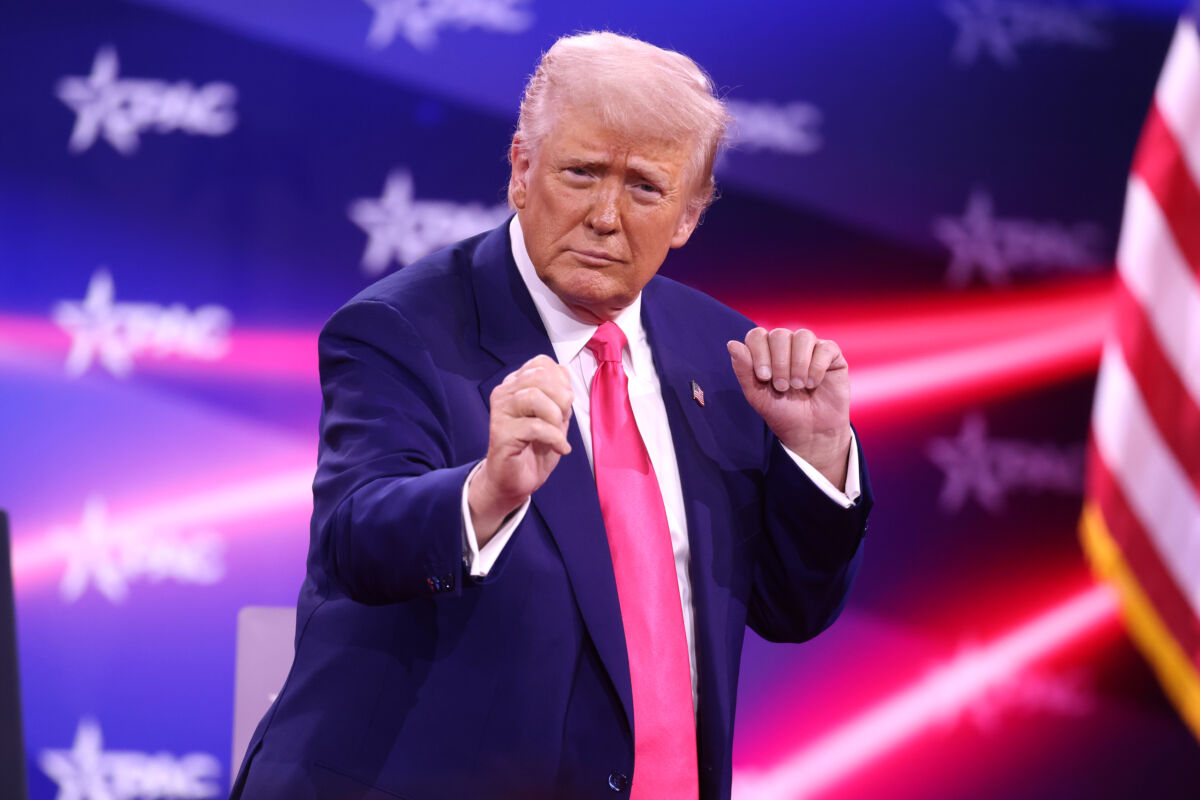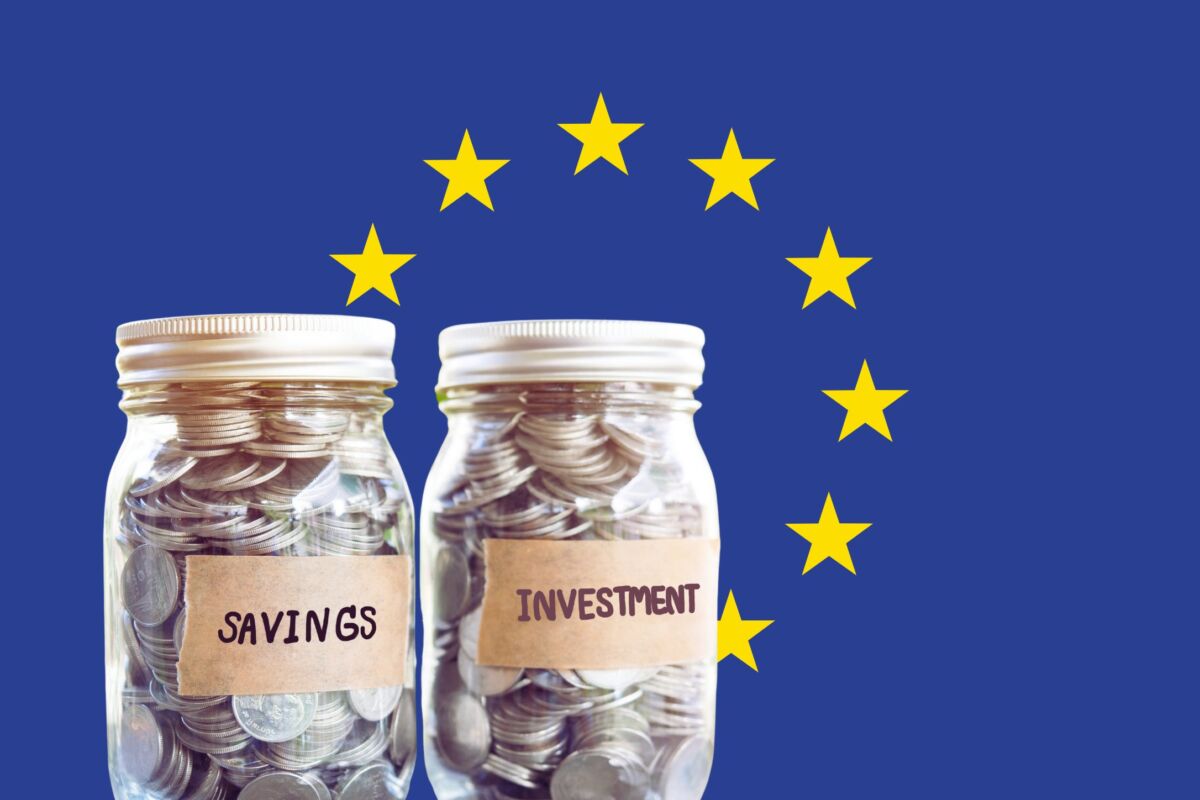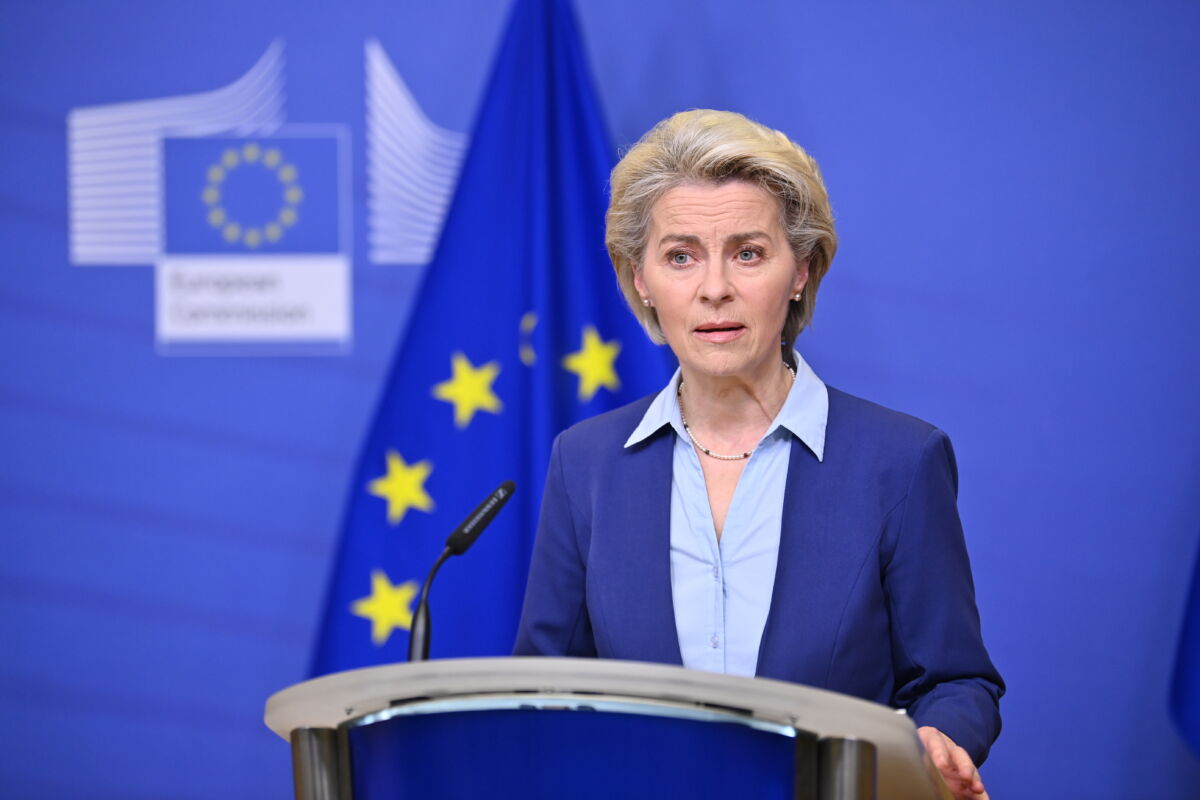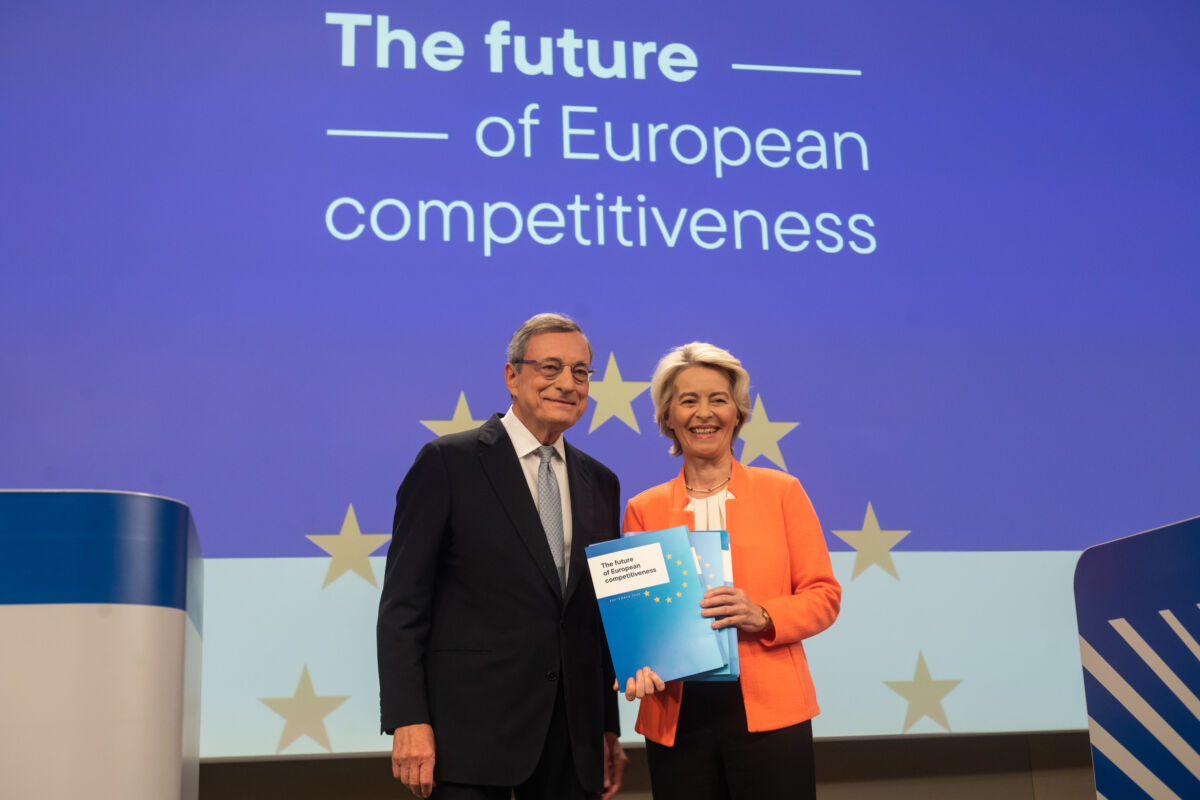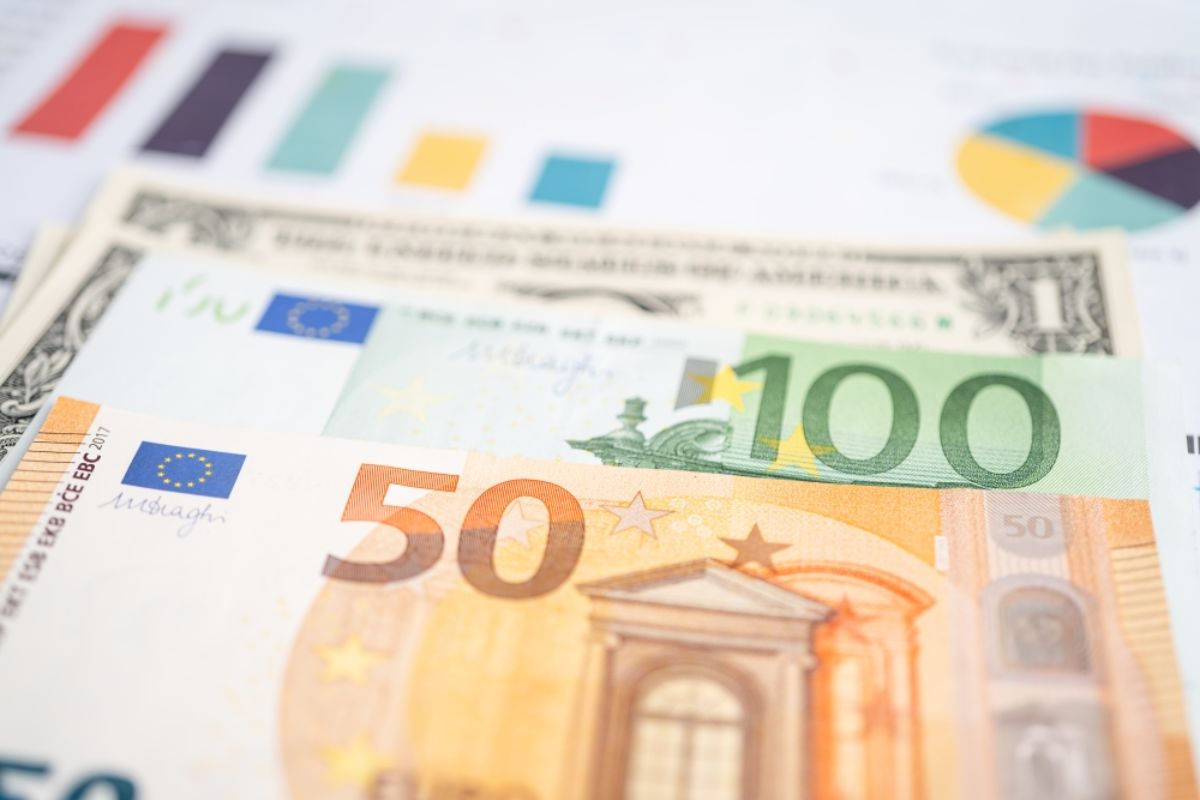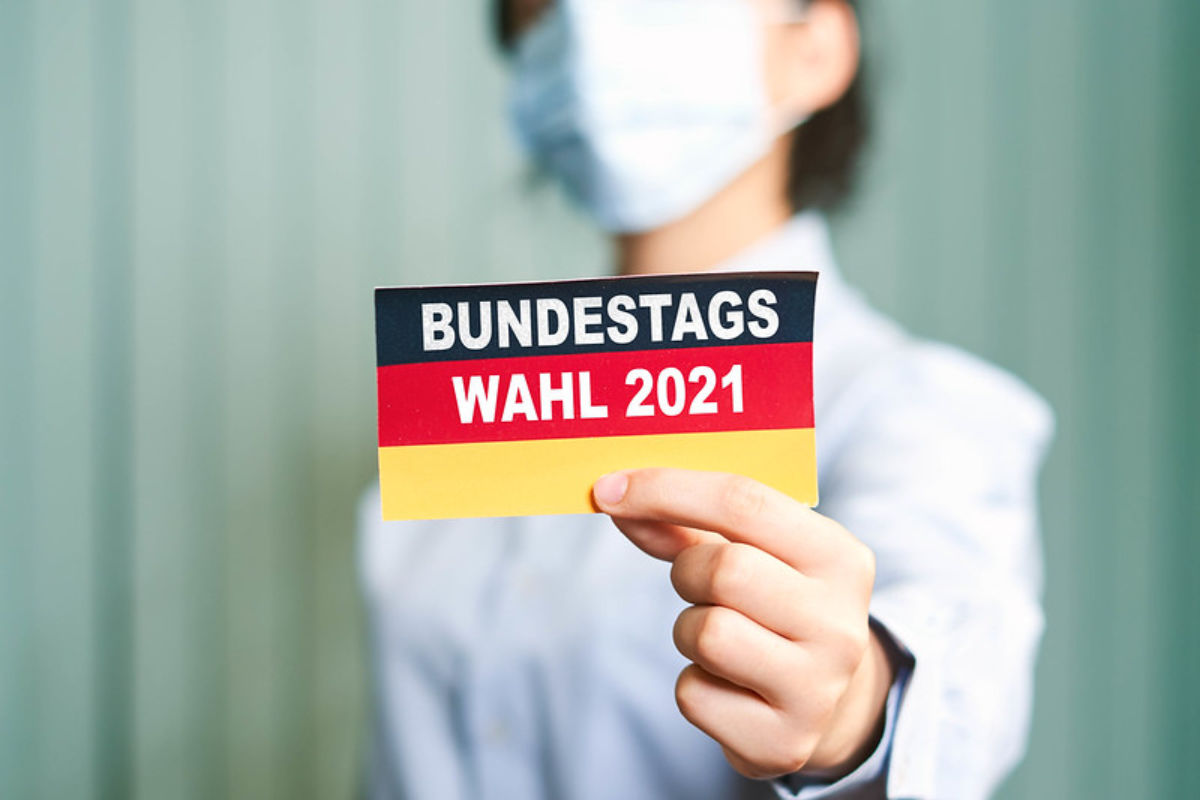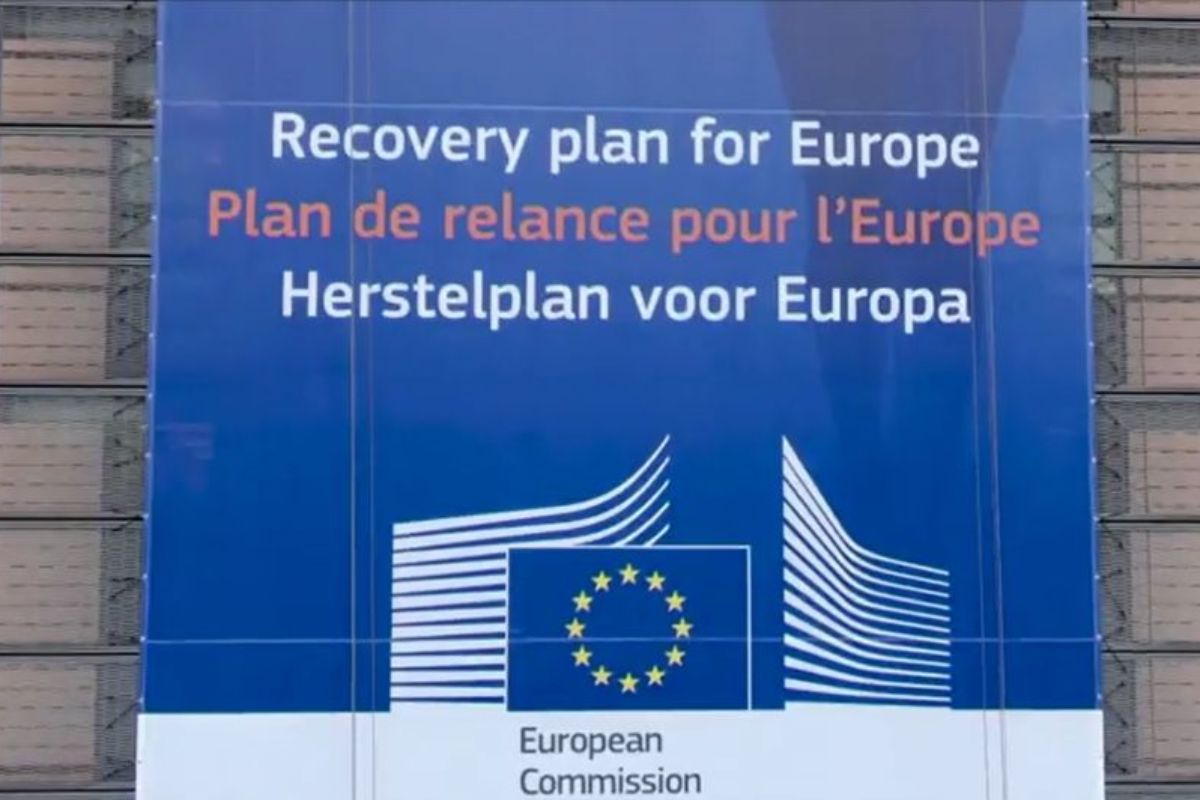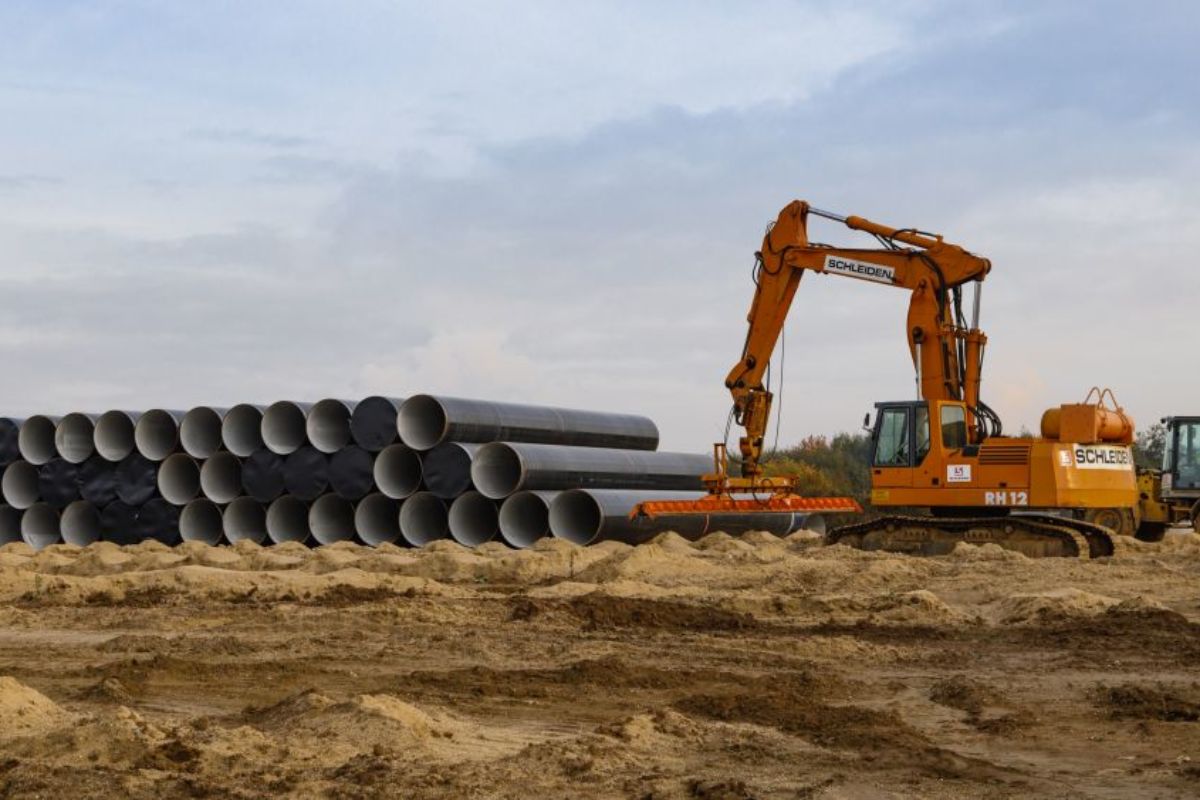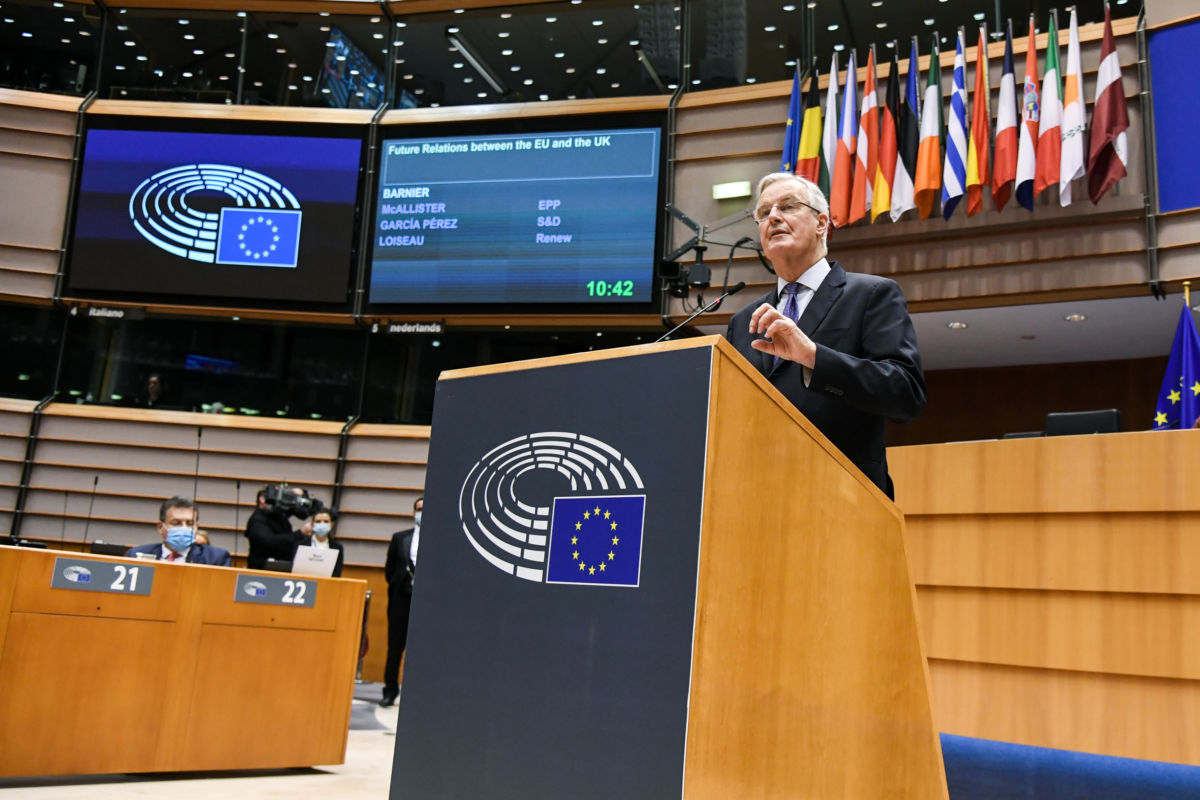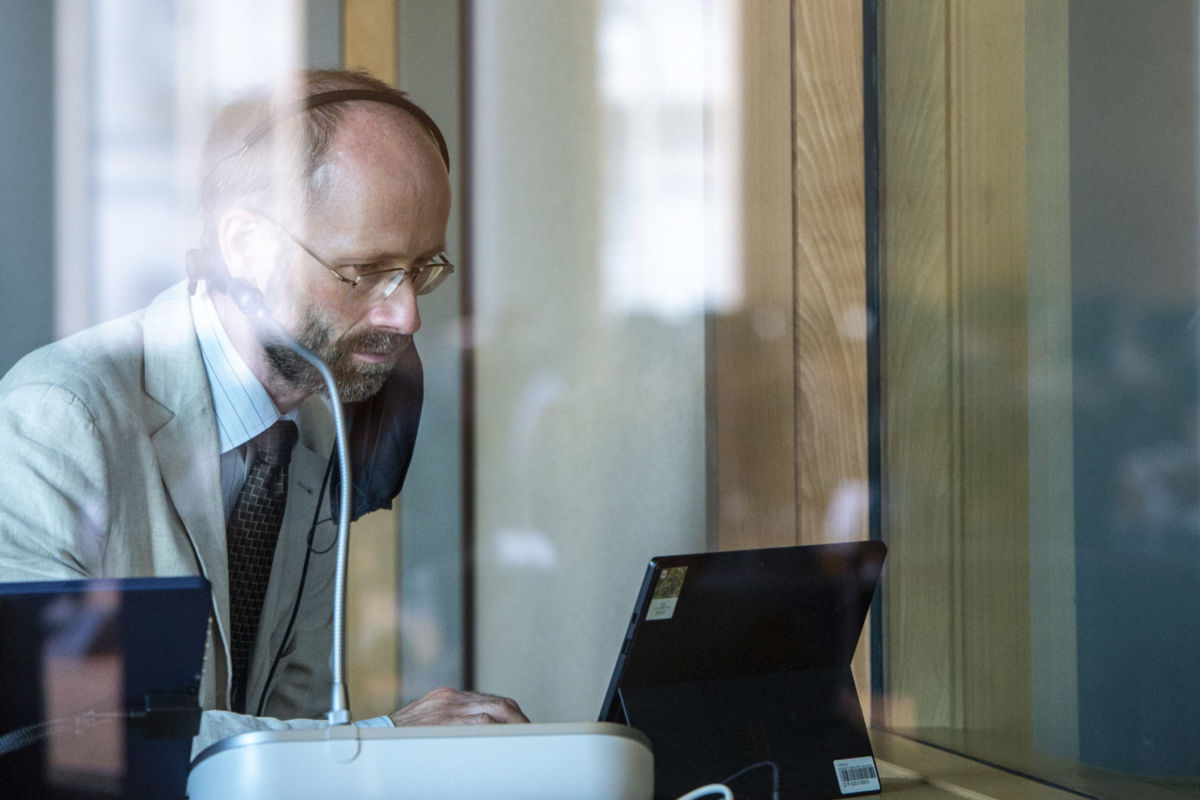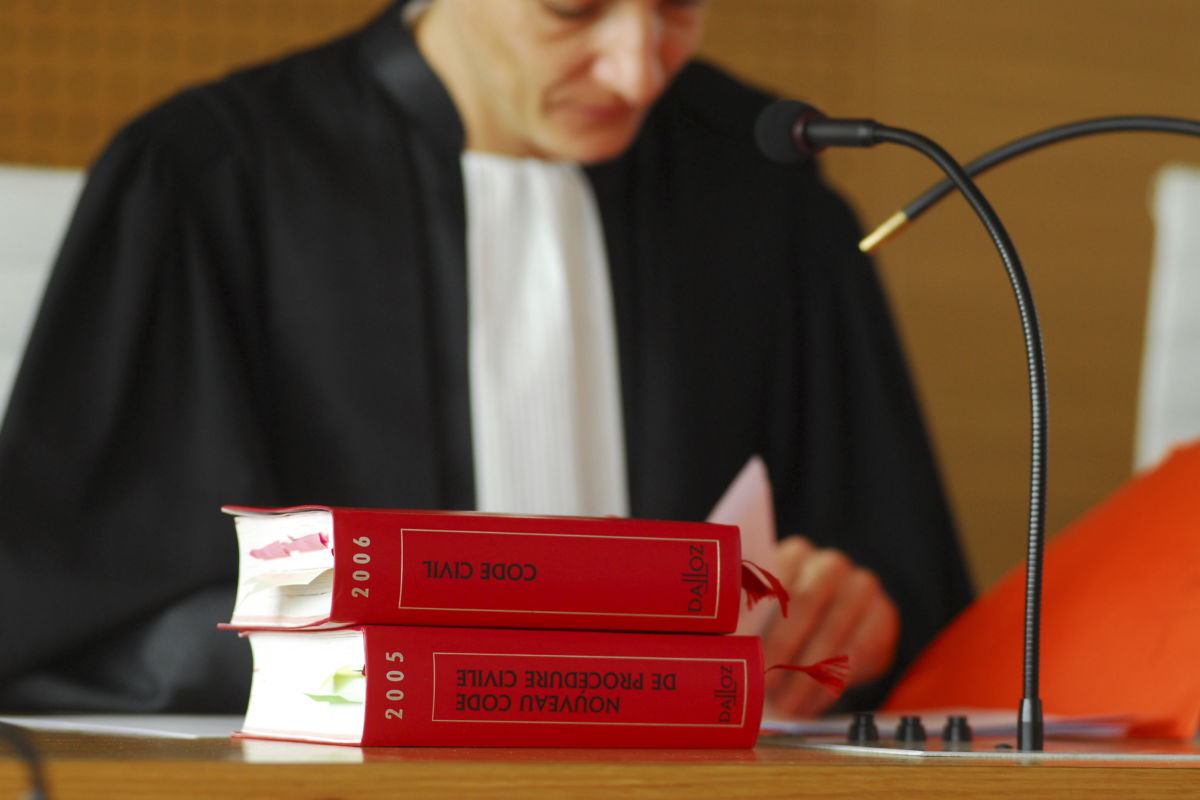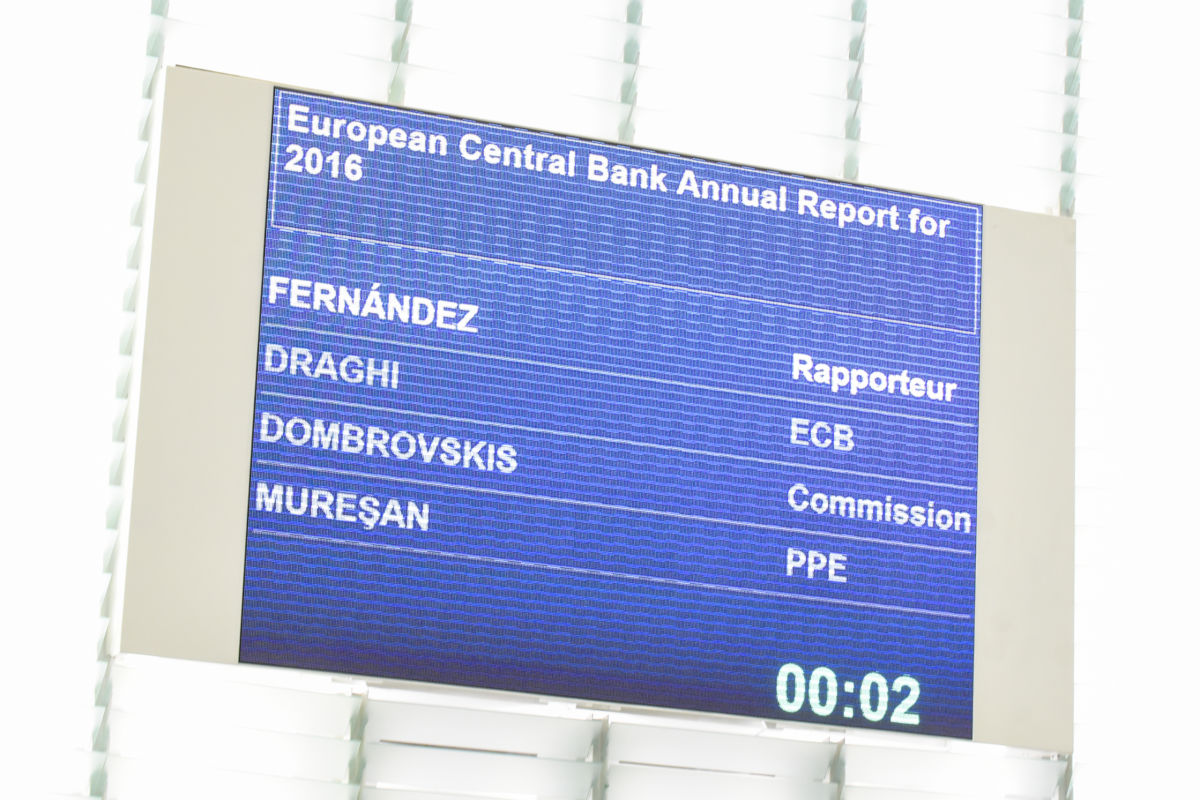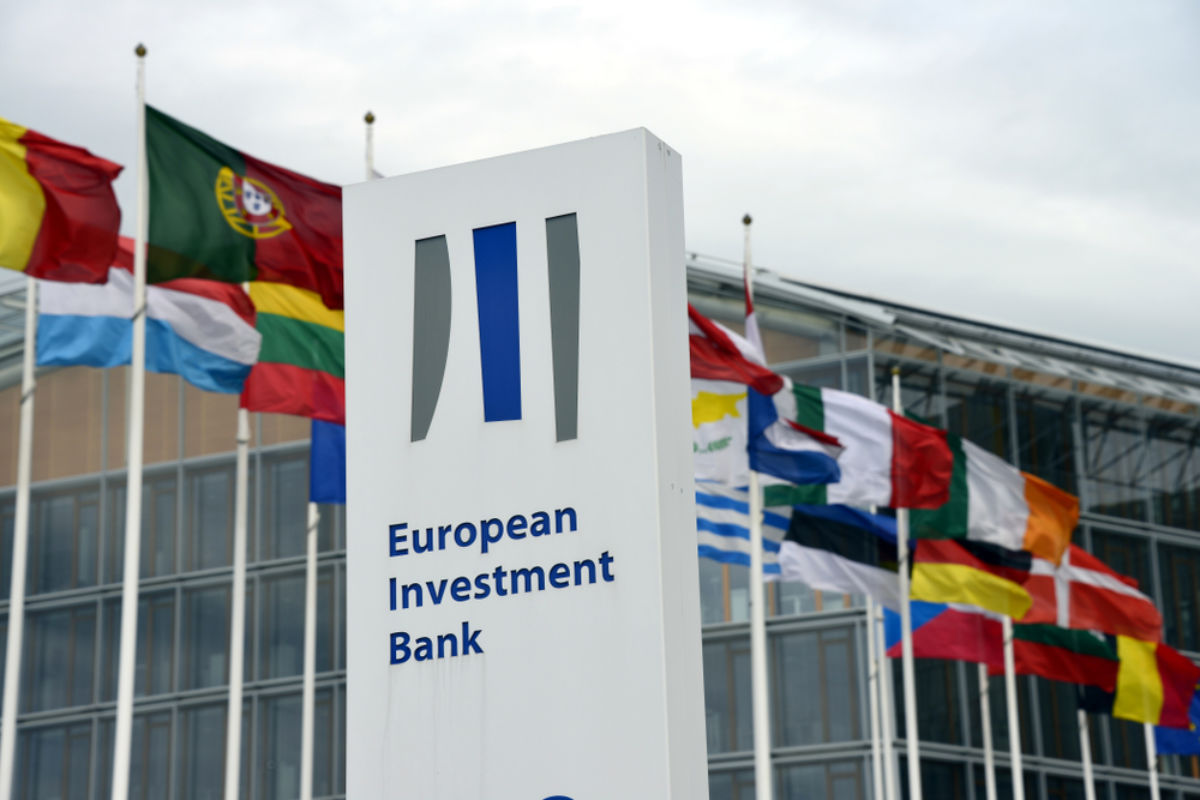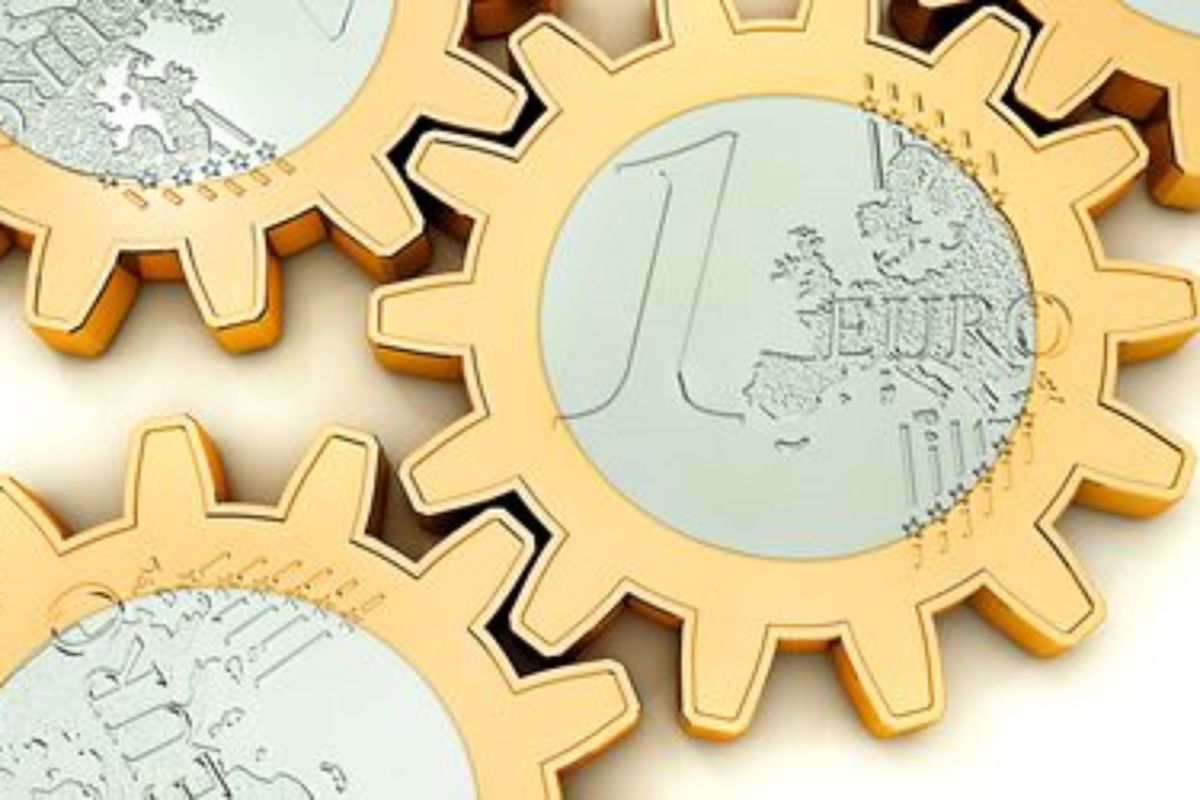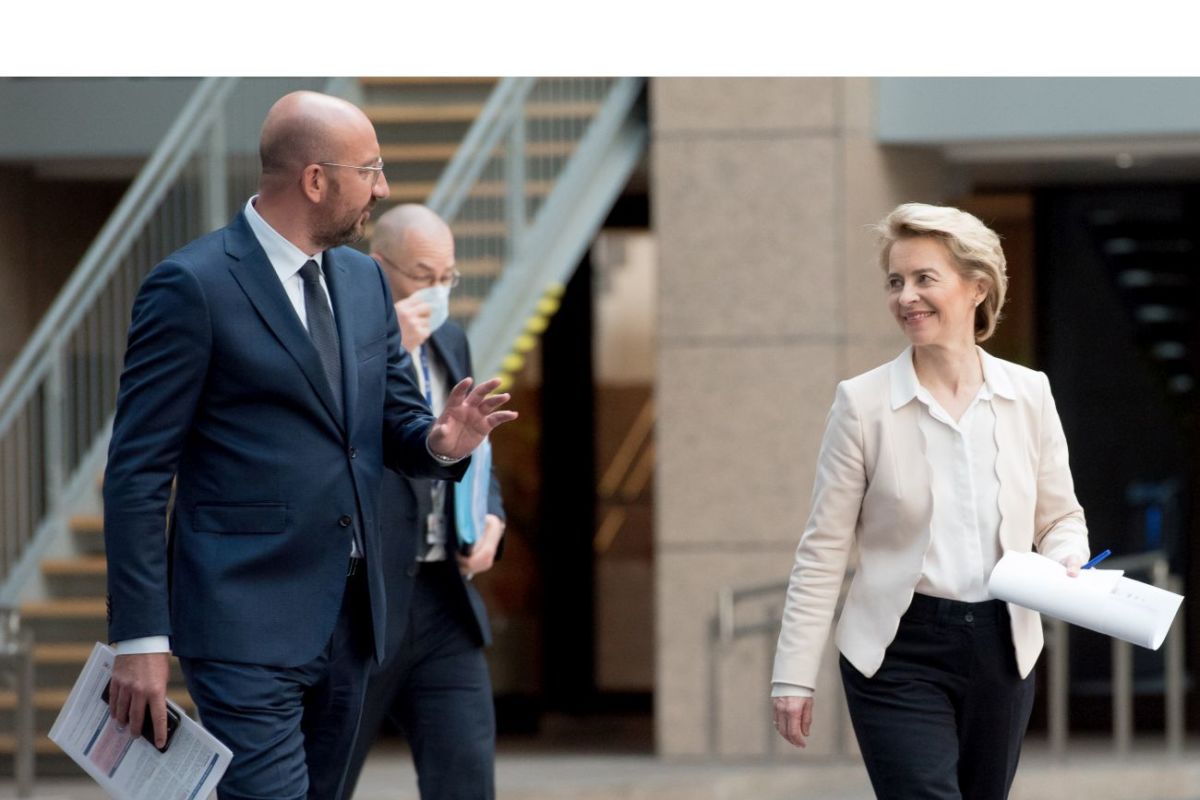In recent weeks, EU leaders have voiced their support for strengthening the euro’s global role. Christine Lagarde has called for a ‘global euro’ moment and recent Council conclusions affirm the EU’s commitment to reinforcing the euro as both a reserve and transaction currency.
Shifting global dynamics, accompanied by the US dollar’s vulnerability, and driven by the current US administration’s erratic foreign policy and deepening fiscal challenges, are creating a favourable environment for elevating the euro’s global standing.
For Europe, this is both an opportunity and a challenge. A stronger global euro could indeed bolster the EU’s strategic autonomy, making it more resilient in an increasingly weaponised international economic landscape. Yet this requires more than just political rhetoric. It demands long overdue and politically sensitive steps towards deeper economic and financial integration, on which progress has stalled for years.
The dollar’s edge
The dollar’s dominance is neither accidental nor purely economic. It rests on two core pillars – the depth and liquidity of US financial markets, unmatched in scale and trust, and the country’s central role in global geopolitics. No other currency could offer the same combination of economic, financial and strategic weight. This is at the heart of the so-called US exorbitant privilege.
But the dollar isn’t immune to being challenged and today that challenge comes primarily from within. US political polarisation, the weaponisation of trade and finance, and sanctions have all begun to erode confidence in the dollar-based system. For the first time in decades, this opens the way for alternatives.
The EU’s evolving views
The euro has benefited somewhat from the ongoing diversification flows away from the dollar, including a modest appreciation, and particularly since President Trump’s return to the White House. However, this hasn’t translated into a significant increase in official central bank reserves.
According to a recent ECB report, over the past three years, the euro’s share has remained largely stable. For the ECB, it’s a sign of continued confidence in the euro, as many central banks — notably in China and Russia — have increased their gold holdings. This view has some merit but the lack of growth in the euro’s share, especially when compared to the rising (albeit still small) role of the Chinese renminbi and other currencies, underscores its uncertain status as a global reserve asset.
This reflects the fact that Europe today lacks both a firm geopolitical role and fully integrated, liquid financial markets. Until now, the EU has also lacked the ambition to challenge US monetary dominance. Since the euro’s creation, promoting a more international role for the euro was viewed more as a risk than an opportunity for the EU’s export-driven economic model. This view is now beginning to shift, though concerns about the impact of a strong euro persist.
The EU to-do list
For a more globally prominent euro, three key conditions must be met. First, Europe must expand the supply of safe, liquid euro-denominated assets, necessary for reserve currency status. Second, the EU must deepen and integrate private capital markets. Third, it should promote the private use of the euro in global transactions. While central bank reserves are important, global currencies are ultimately defined just as much by private sector usage, investor trust and market infrastructure.
For the first condition, one promising avenue is to issue common euro-denominated debt linked to shared European priorities, such as defence. The issuance of emergency joint debt during the pandemic created a precedent and doing this again would not only increase the supply of safe assets but also provide the political legitimacy needed for a more prominent global euro.
Yet broad support for new common debt is still lacking. It’s no coincidence that unsuccessful policy proposals from the 2010s to pool portions of national sovereign debt into a common framework that would increase the supply of safe EU assets – such as the blue and red bonds – are resurfacing. Similarly, another recent proposal suggests replacing some national bonds with senior Eurobonds. While some argue that financial conditions have improved and they now offer a way forward, it’s still far from certain that a technical solution to secure a political compromise (in the absence of full support) will gain sufficient market traction.
Currently, the only clear political commitment comes from Germany’s EUR 847 billion investment in defence and infrastructure. This would significantly increase the availability of Bunds, the most credible euro-denominated safe assets.
For the second condition, the Capital Markets Union (CMU) and the Banking Union are being reframed under the broader Savings and Investments Union. Yet despite this rebranding, there’s very little genuine political momentum. Beyond the usual stumbling blocks – the lack of progress on the European Deposit Insurance Scheme or Italy’s refusal to ratify the European Stability (ESM) Treaty – there’s also increasing reluctance to pursue national bank mergers, let alone cross-border ones.
The third condition is often overlooked – the euro’s international role ultimately depends on its position within global financial infrastructure and transactions, in areas such as SWIFT payments, international invoicing and foreign exchange trading. While the dollar remains dominant, the risks of relying on a single currency or network have become increasingly apparent, with some countries already taking steps to build alternatives (e.g. the Russian SPFS, the Chinese CIPS).
Strengthening the euro’s role in these transactional areas – through targeted regulatory support or investment in digital infrastructure – could complement broader integration efforts and enhance the euro’s appeal as a reserve currency.
Political reality bites – but ambition requires real action
And here lies the contradiction at the heart of the EU’s ambition – while the strategic case for a stronger euro is clear, the political appetite for the necessary integration is absent. The pushback usually comes not in principle but in practice: concerns about losing regulatory sovereignty, protecting national industries or potential domestic backlash. The EU’s collective logic is sound but its national politics are fragmented.
The one thing that has changed is the recognition that a robust euro is not just an economic tool but a geopolitical necessity.
The global economic landscape is evolving quickly and the euro does have a decent chance of becoming a more influential global currency – but seizing that chance requires more than just words. We need deeper integration and joint commitment. If the EU is truly serious about strategic autonomy, it must finally confront the mismatch between ambition and its (un)willingness to act collectively.

